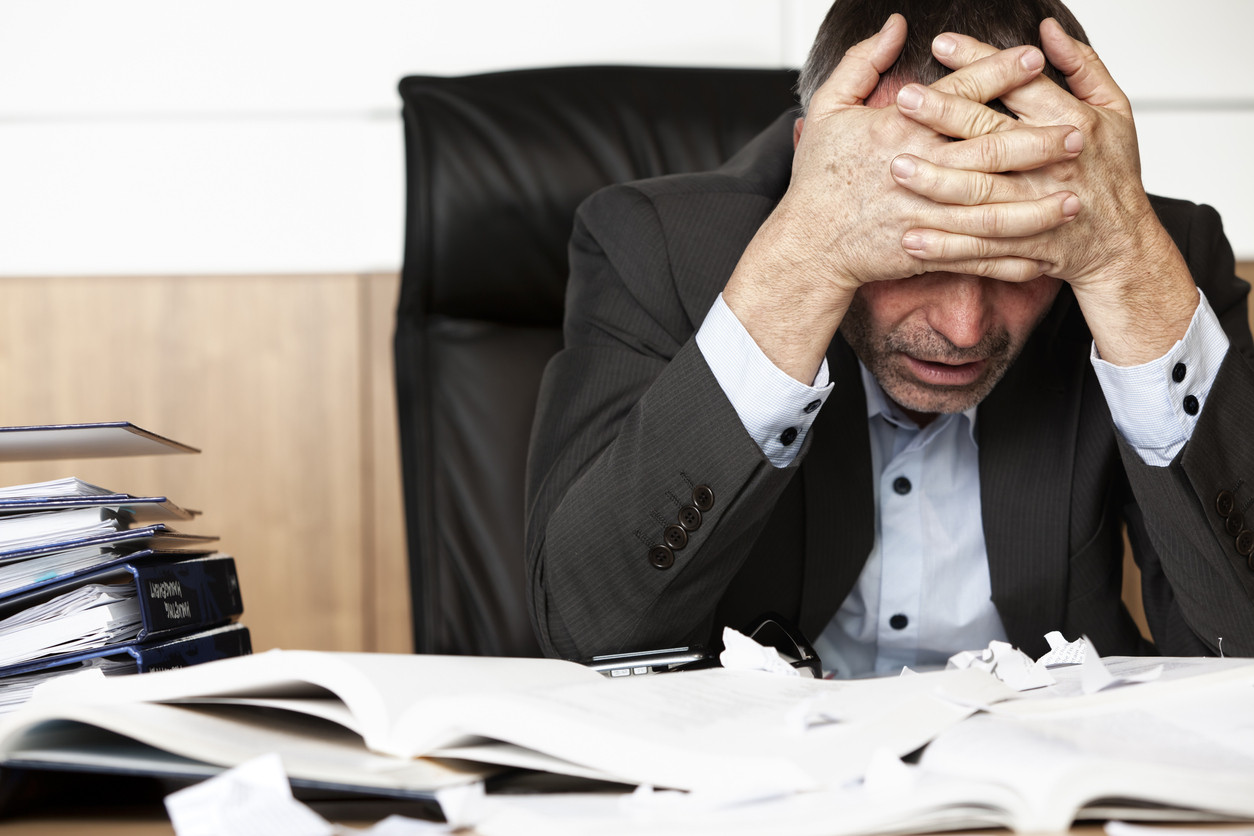Top 4 Reasons for Hair Loss
There's no denying it: we live in a 'false news' era. We are constantly bombarded with information, making it difficult to distinguish between fact and fiction – yet not everything we read should be accepted at face value! We've heard so many hair loss myths over the years that it's enough to make us want to rip our hair out - so, what's truly driving hair loss, and what's 'false news'?
The sun
A change in weather can cause a change in the state of your hair, and hydration is frequently the issue. Sun exposure may damage your hair, making it dry and brittle, so hot summer days are not always your greatest friend. UV radiation destroys the proteins that make up the hair, so if you're going to be spending a lot of time outside, invest in an excellent protectant spray. Fortunately, if you do suffer sunburn on your scalp, you may lose a few hairs if your scalp peels, but it will most likely grow back.
Hormones
Hormonal changes are one of the most common reasons of female hair loss. Post-natal hair loss is quite common, frequently happening two to four months after giving child. During pregnancy, your hair continues in a longer growth phase, resulting in fuller-looking hair; however, as your oestrogen levels drop after childbirth, the hair begins to fall out. Fortunately, in the vast majority of instances, it is just transitory and will subside within six to twelve months.
What about men? Hormones, it turns out, are at the basis of both male and female pattern baldness! Dihydrotestosterone (DHT) is a testosterone byproduct that can trigger the receptors in your hair follicles, causing them to shrink, weaken, and finally cease generating hair entirely. There is no cure, but hair loss medicines like Propecia can help stop future hair loss, and hair transplants provide a permanent solution to the problem.
Age
Not everyone will lose their hair, and even if your close relatives have gone bald, there is no assurance that you will as well. However, with age, there is always some degree of hair loss or thinning of the hair. By the age of 60, around two-thirds of males will have some hair loss, and approximately 70% of women will have some hair loss by the age of 70. Depending on the source of your hair loss, it may be curable; thus, if you have any worries, please contact us.
Stress
This is an interesting one because if you're going through a difficult phase and see more hair falling out than normal, it won't be because of your present stress levels — there's a delay between a stressful event and the hair actually falling out owing to the duration of the hair cycle!
Telogen effluvium, also known as trauma or stress-induced hair loss, occurs when your changing hormones drive the hair development cycle into shock, pushing the hair to enter a resting phase. Many follicles can be impacted at the same time, which is why you may appear to be losing a lot of hair. As with post-natal hair loss, it is typically just temporary, so focus on excellent sleep, exercise, and food habits to keep your stress levels down in the meanwhile.







